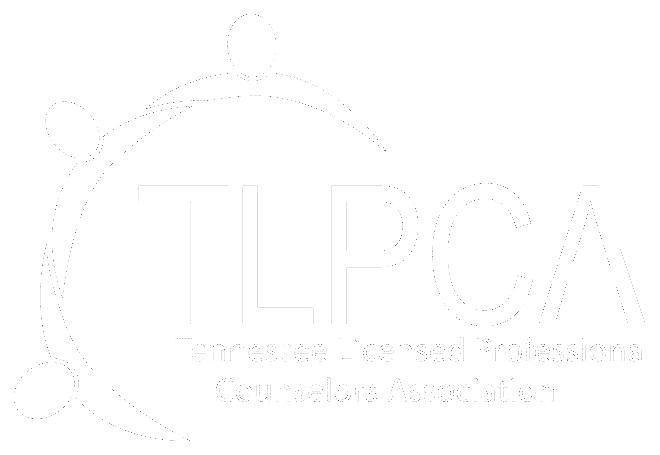For Consumers/Clients
Information about LPCs
What is a Licensed Professional Counselor (LPC)?
An LPC in the state of Tennessee is a highly trained, skilled mental health professional who
- holds a graduate degree in counseling
- has a minimum of 2 years of supervised clinical experience
- is licensed by the Tennessee Board of Licensed Professional Counselors, Licensed Marital and Family Therapists and Licensed Pastoral Therapists
- completes continuing education required to maintain state licensure
The Tennessee Board of Licensed Professional Counselors, Licensed Marital and Family Therapists and Licensed Pastoral Therapists defines a “professional counselor” as a professional who assists “an individual, through the counseling relationship, in a manner intended to facilitate normal human growth and development, using a combination of mental health and human development principles, methods and techniques, to achieve mental, emotional, physical, social, moral, educational, spiritual, and/or career development and adjustment through the lifespan.”
What is an LPC/MHSP in Tennessee?
LPC/MHSP stands for Licensed Professional Counselor with a Mental Health Service Provider Designation. In Tennessee, we have a two-tiered licensing system. The LPC/MHSP means that the practitioner can “prevent, diagnose, and treat mental, emotional or behavioral disorders and associated disorders which interfere with mental health.” The majority of LPCs in Tennessee hold the MHSP designation. There are approximately 2,400 LPC/MHSPs in Tennessee, so you should be able to find an LPC/MHSP to meet your needs.
How can an LPC/MHSP help me?
LPC/MHSPs can help with problem situations or developmental life challenges. Specifically, LPC/MHSPs can help with a variety of personal and/or wellness issues, which can include:
- Chronic pain and illness
- Intense anxiety or hopelessness
- Inability to concentrate or focus
- Brief and solution-focused therapy
- Alcoholism, drug and substance abuse treatment
- Self-harming behaviors and/or suicidal thoughts
- Abusive relationships
- Unhealthy eating patterns
- Crisis management and referrals to other professionals for consultation
- Career and vocational development
- Life transitions
- Growth and self-development
- Trauma and recovery
How do LPCs compare to other mental health professionals?
LPCs are members of the counseling profession. They are similar to other mental health professionals, such as marriage and family therapists, psychologists or social workers, in that all of these professionals work to help people who are in crisis or distress through individual, group, and/or family/couples counseling. Nonetheless, the counseling profession has distinct differences, such as a focus on wellness, developmental processes and prevention/early intervention. LPCs have graduate degrees in counseling and have undergone post-graduate supervised experiences. Similar to other mental health professionals, LPCs can accept insurance for services. LPCs abide by ethical guidelines, such as the American Counseling Association (ACA) Code of Ethics. Most graduate programs are accredited by the Council for Accreditation of Counseling and Related Educational Programs (CACREP).
The American Counseling Association defines counseling as “a professional relationship that empowers diverse individuals, families, and groups to accomplish mental health, wellness, education, and career goals” (www.counseling.org). The American Mental Health Counselors Association (AMHCA) defines clinical mental health counseling as “a distinct profession with national standards for education, training and clinical practice. Clinical mental health counselors are highly-skilled professionals who provide flexible, consumer-oriented therapy. They combine traditional psychotherapy with a practical, problem-solving approach that creates a dynamic and efficient path for change and problem resolution” (https://www.amhca.org/about/about-us).

